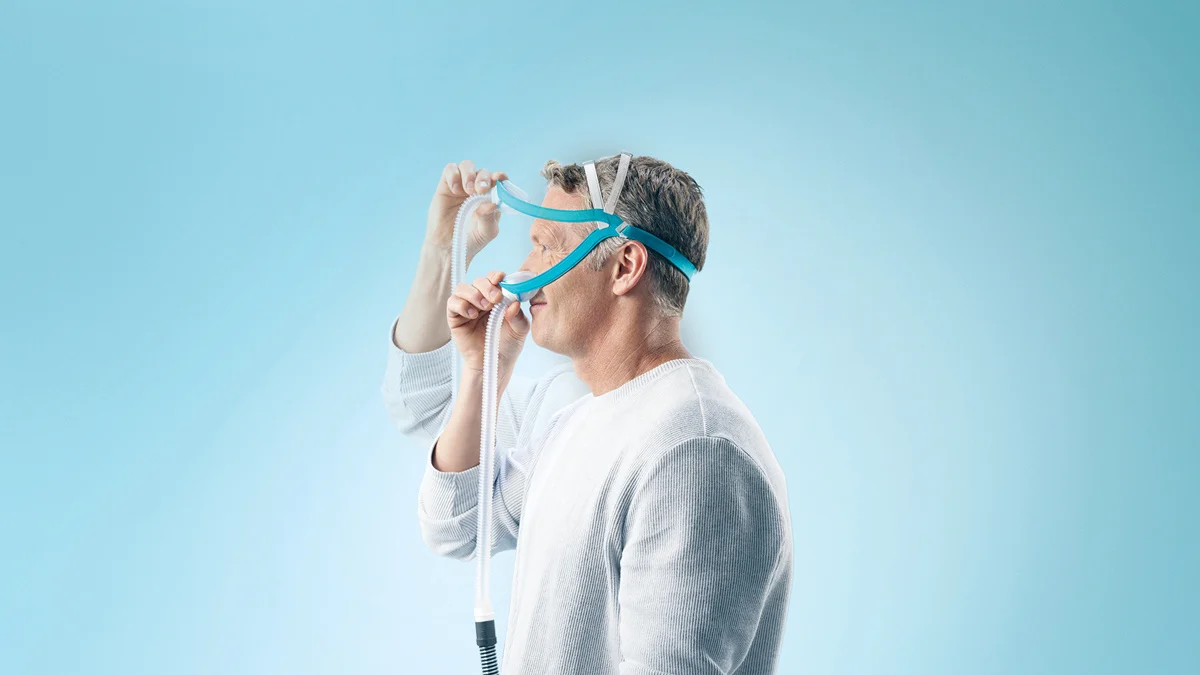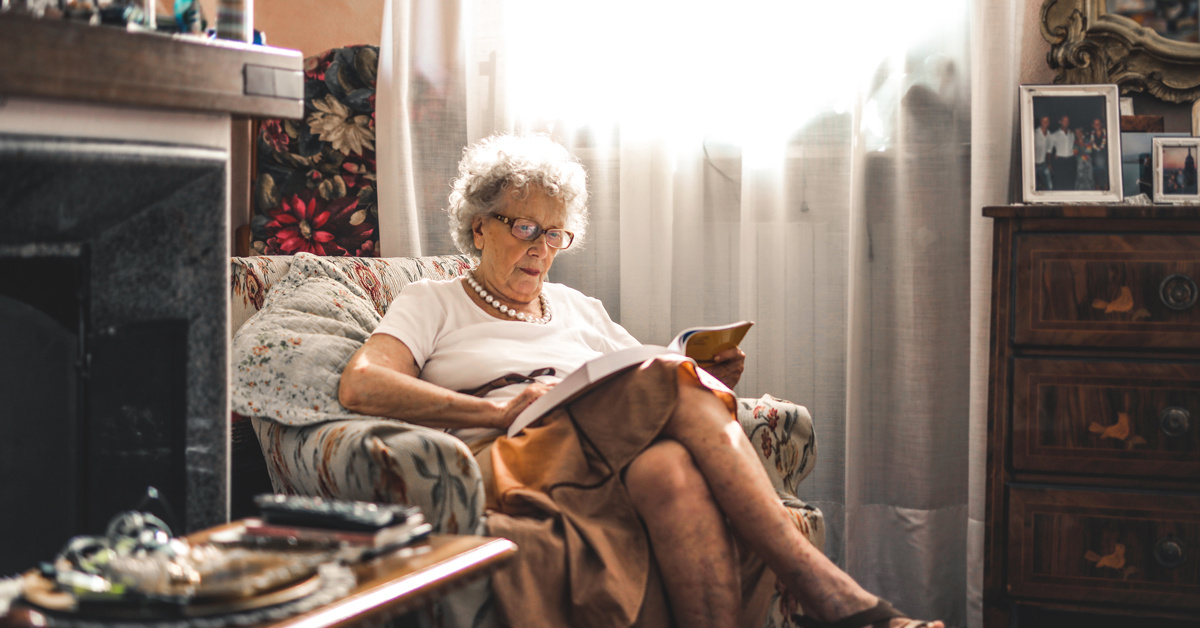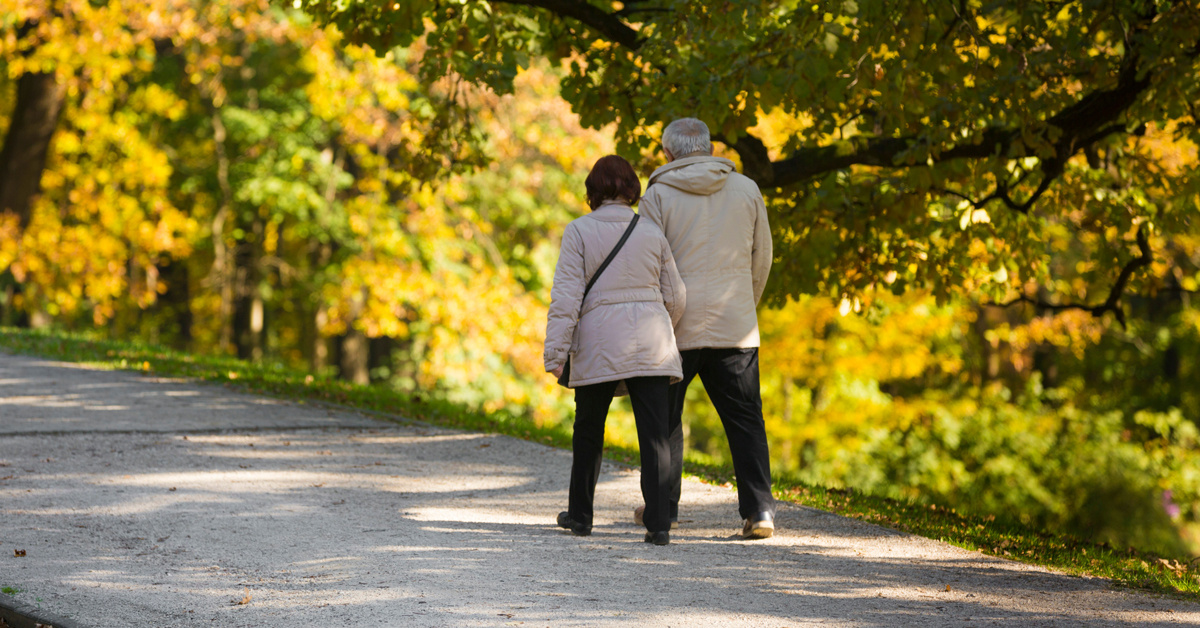How to improve the quality of your sleep—and quality of life!
Along with eating a balanced, nutritious diet and exercising regularly, getting enough sleep every night is essential to your health and well-being. Sleep is the time your body and mind recharge, keeping you mentally alert, protecting you from illness, and improving your quality of life.
However, for people with untreated sleep apnea, getting a restful night’s sleep is challenging. Sleep apnea interrupts or even stops people’s breathing while they sleep—sometimes hundreds of times throughout the night. So a restful night’s sleep is almost impossible. Over time, lack of sleep can pose serious threats to your health, including diabetes and stroke.
Robert Miller, a registered sleep technologist and vice president at Apria, says, “That’s why it is important for people with sleep apnea to practice good sleep hygiene.”
Good Sleep Hygiene Depends on a Routine
Sleep hygiene involves developing a daily and nightly routine that helps you get consistent, uninterrupted, truly restful sleep—night after night after night. Everyone can tailor their sleep hygiene practices according to their specific needs.
Not Enough Sleep Can Be Dangerous – to You and Those Around You
Most adults need 7-8 hours of sleep per night. Consistently sleeping less can lead to serious health consequences, including:
- High blood pressure
- Diabetes
- Heart attack
- Stroke
- Obesity
Apria’s Robert Miller adds, “Studies show that a lack of sleep can disrupt the immune system, which increases your risk of getting sick, decreases your ability to fight illness, and makes recovery from an illness harder.”
Not getting enough sleep also interferes with memory and increases moodiness and depression.
Sleep deprivation can also be dangerous for yourself—and others. When we’re tired, it’s harder to focus on tasks; our reflexes and reaction times are slowed. The result: a greater likelihood of getting into car accidents or hurting yourself or others at work.
A Good Night’s Sleep Benefits Both Mind and Body
Sleeping soundly night after night offers so many potential advantages:
Greater brainpower
Sleeping well improves your concentration, productivity, problem-solving skills, and memory.
Sleep is important for various aspects of brain function.
Studies demonstrate that children, adolescents, and young adults who got enough sleep increased their academic performance.
Better weight control
Studies show that sleep-deprived people tend to eat more. That’s because the hormones that control their appetite aren’t functioning normally. And to compensate for a lack of energy, they eat foods high in sugar and fat.
Plus, because they are tired, they aren’t motivated to exercise.
People who are well rested tend to be less hungry and eat healthier food. Plus they have the energy to exercise regularly. The result: a healthy weight.
Less risk of injury
Studies show that sleeping well enhances endurance, strengthens muscles, and improves your fine motor skills.
A lack of sleep lowers your motivation to exercise, increases your risk of injury, and may make it harder to recover from an injury.
More positive attitude
You know what it’s like after a bad night’s sleep. You’re grumpy, anxious, no fun. But when you wake up after a good night’s sleep, you are refreshed and ready to start the day and meet any challenges with confidence!
How to Improve Your Sleep Hygiene to Get a Better Night’s Sleep
Here are valuable tips to help improve the quantity and quality of your sleep:
Timing
- Keep a regular sleep schedule. Go to bed and get up at the same time every day, even on weekends, holidays, and vacations
- Be sure to go to bed when you know you will get 7-8 hours of sleep
- If you don’t fall asleep within 20 minutes, get out of bed and do a quiet activity like meditating
- Turn off your cell phone, tablets, and computers at least 30 minutes before you turn in
Food, drinks, and exercise
- Avoid alcohol and caffeine in the afternoons and evenings
- Reduce fluid intake before bed to reduce nighttime trips to the bathroom
- Watch what you eat and drink before bed—avoid fatty, greasy, and sugary foods as well as spicy foods, which can cause a sleepless night
- Exercise regularly during the day
- Don’t take drugs, except those prescribed by your doctor. Sleep aids can cause daytime drowsiness.
You and your surroundings
- Minimize your exposure to blue light emitting from digital devices and fluorescent and LED lighting
- Before you go to bed, take a warm bath or shower to relax your muscles.
- Feeling congested? Use a humidifier or elevate your head slightly.
- During the day, try not to nap—or limit naps to no more than 30 minutes
- Don’t go to bed until you are tired!
What a Difference a Good Night’s Sleep Makes!
If you have trouble sleeping or suspect you may have sleep apnea, contact your doctor. Robert Miller from Apria continues: “With Apria’s sleep experts, you can work together to create a sleep hygiene plan that will address your specific needs to ensure you get the healthy sleep you need!” To speak directly to a sleep expert, call 877-255-2426, or visit www.apria.com/locations to find your local Apria branch.

.png)



